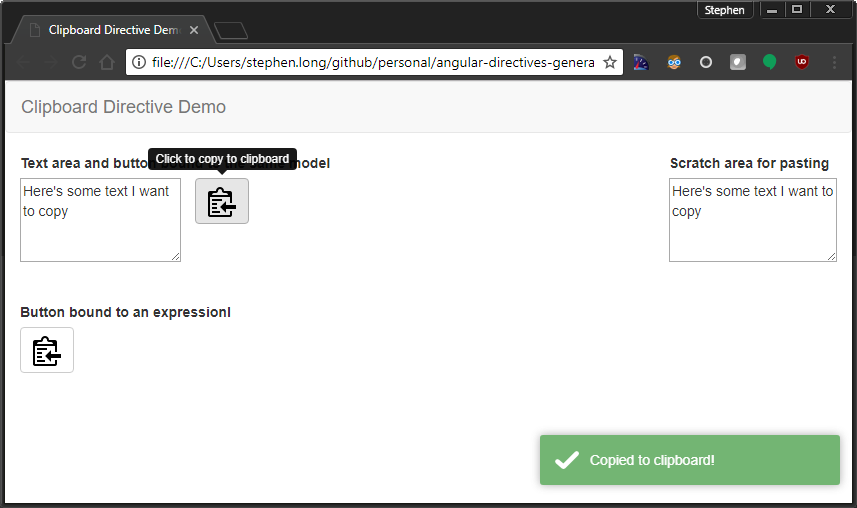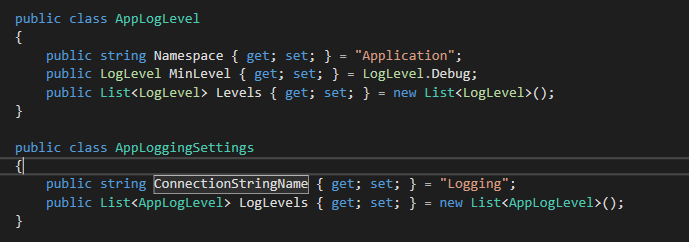My previous post regarding Migrating a .NET Core 1.1 application to 2.0 was a good primer for some of the direction in which .NET Core 2.0 would be going. However, that post was based on the 2.0 Preview, and there are breaking changes from Preview to RTM.
Migrating from .NET Core 1.1 to 2.0 RTM
posted on August 16, 2017 by long2know in Core
Rendering (and Emailing) Embedded Razor Views with .NET Core
posted on August 15, 2017 by long2know in Core
In continuing my efforts to process emails in .NET Core, I needed a way to send styled emails with images and such. Previously, I would have manually handled this by replacing text here and there, but using Razor Views seemed like a much better alternative. Considering that the processing would be handled in my domain layer, all of the views would be generated from embedded resources in a class library.
Entity Framework Core “AsQueryable” Issue
posted on August 11, 2017 by long2know in Core, Entity Framework
Earlier, I was dinking around with some base code I wrote for EF 6.x and recently ported over to EF Core. It’s a nice bit of code that can build LINQ expressions for nearly any search/query scenario regardless of the domain models behind the scenes. It utilizes the LINQ Expression libraries and some reflection. The code works fine in EF 6.x, but I ran into a weird issue when building expressions for many-to-many relationships.
.NET Core Email Support
posted on July 31, 2017 by long2know in Uncategorized
Out of the box, .NET Core has no support for email. The System.Net.Mail namespace hasn’t been ported as of .NET Core 1.1.3. Fortunately, there are some nice email libraries that support .NET Core.
The one library that dug into is called MailKit. It’s available from Nuget.
.NET Core Logging Levels and Categories
posted on July 20, 2017 by long2know in ASP.NET, Core, Entity Framework
Previously, I blogged about creating a Entity Framework based Logger in .NET Core. One thing that I never implemented was granular control of logging specific levels by category. It turns out that it’s pretty easy to do, though.
.NET Core Custom Authorization
posted on July 18, 2017 by long2know in ASP.NET, Core, Security
I’ve been playing around with Authorize attributes in .NET Core as of late. With a custom (derived) authorization attribute, it seemed like it wasn’t always being evaluated. This caused me to pause and take a step back to examine using the built-in policy-based authorization.

AngularJS Copy to Clipboard Directive
posted on July 9, 2017 by long2know in angularjs, plunker
The other day, I was playing around with providing users the ability to easily copy data. This was needed in order to transfer that data to another application. Since this was for an AngularJS application, a reusable directive seemed like a good idea.

Serving HTTPS in both Kestrel and IIS Integration modes
posted on July 7, 2017 by long2know in ASP.NET, Core
I’ve previously blogged about dealing with SSL in a .NET Core application. Well, I wanted to expand upon this a bit when debugging in Visual Studio 2017. In the case of working with a development environment, this needs to tie into the launch profiles. Without handling this properly, IISExpress integration is broken which becomes an annoyance.
.NET Core SQL DataProtection Key Storage Provider using Entity Framework
posted on June 28, 2017 by long2know in Uncategorized
Using .NET Core Data Protection is a bit limited. I like how it generates keys and can maintain them, but the storage mechanisms out of the box are fairly limited. Unless you’re using Redis or Azure Stoage, your only option is file system persistence. This isn’t really usable for distributed applications that need to share keys. Ideally, using a SQL server backend would be available, but it’s not too terribly difficult to create one.
.NET Core LDAP
posted on June 16, 2017 by long2know in ASP.NET, Core
.NET Core doesn’t have built-in support for LDAP (Active Directory). This can be a show-stopper for a lot of projects. It was a bit of a show-stopper for me earlier as well.
So, references to these libraries won’t be available:
System.DirectoryServices System.DirectoryServices.AccountManagement System.DirectoryServices.Protcols
But, there are alternatives to mitigate the problem.

